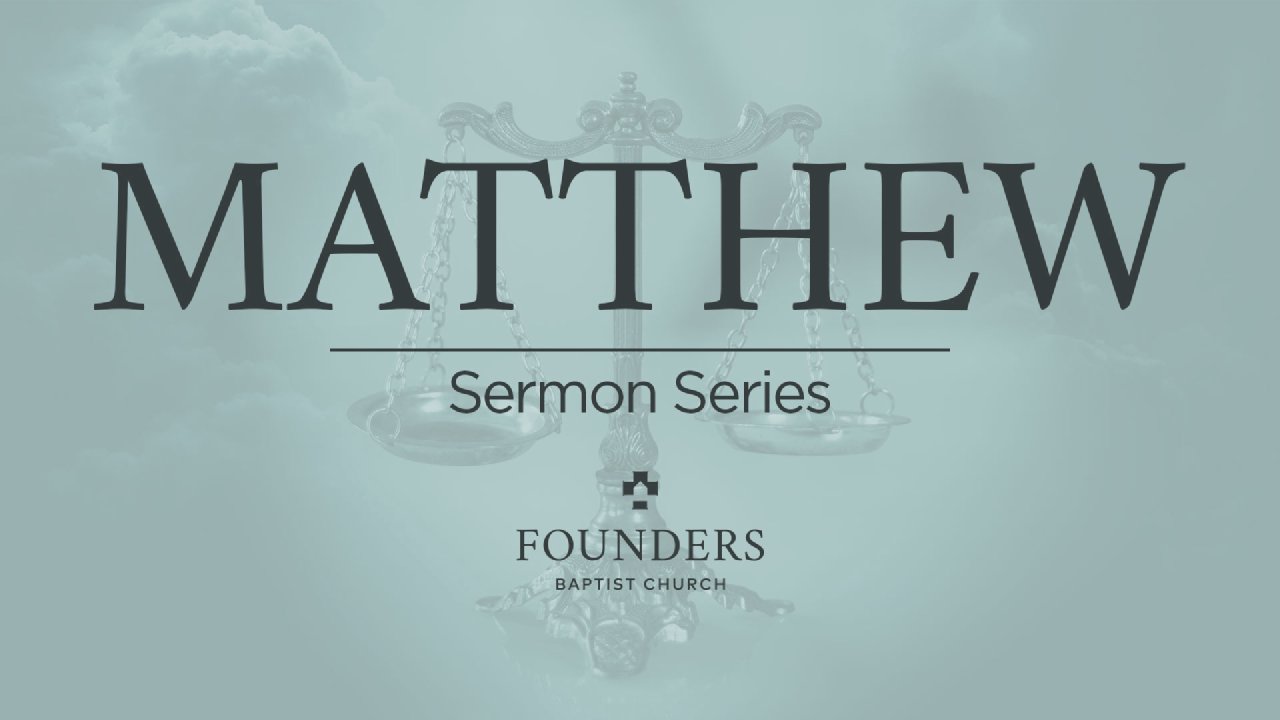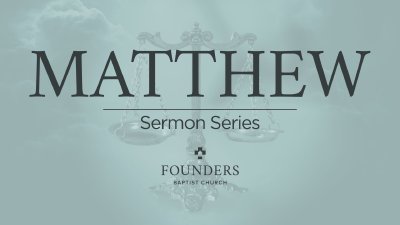Introduction:
What kind of person will one day find himself or herself outside the kingdom of heaven?
As our Lord ends this sermon with an extended invitation, He identifies the kinds of people who do not heed that invitation. People who do not respond to the invitation with saving faith.
These people have been described at the end of this sermon in multiple ways:
People who do find the narrow gate — which indicates that they do not search for it properly.
People who refuse the demands of the narrow way.
People unwilling to enter alone, and travel with the few.
People who are proud and unmoved by their need for forgiveness.
People who are spiritual deceivers or they follow the deceivers.
And now, in the verses that we come to tonight, we see another way that people will be found outside the kingdom of God.
There are the SELF-DECEIVED.
Our Lord ends this sermon with two gracious and sobering warnings about self-deception.
THE FIRST KIND OF DECEPTION IS ABOUT EMPTY WORDS.
THE SECOND KIND OF DECEPTION IS ABOUT EMPTY KNOWLEDGE.
Both warnings aimed at people who have come under the words of Christ.
Both warnings aimed at people who identify themselves with Christ.
Tonight, we deal with the first warning, and next Sunday (Lord willing) we will deal with the second.
Tonight, we look at three sobering realities for those who profess to know the King.
Do you say that you know Jesus Christ?
Do you say that you are His subject?
Do you say that your hope is the kingdom of heaven?
Then be wise and examine yourself before these three sobering realities.
I. A SOBERING REALITY ABOUT ENTRANCE INTO THE KINGDOM (vs.21)
Our Lord begins with a straightforward statement about entrance into the kingdom. But in this straightforward statement about the kingdom, He is also making straightforward claims about Himself.
A. THE KING’S CLAIMS
These are really astounding words.
We are now so familiar with thinking about Jesus of Nazareth as the Son of God, that we have hard time understanding how these words would have been heard when they first spoken.
What Jesus envisions is the final judgment.
What He also clearly describes is the fact that HE HIMSELF will be judge at the final judgment.
Imagine listening to a very real man describing Himself as the judge at the final judgment — that’s what we have here.
We cannot diminish this. Either what Jesus said was true, or He was a madman. This is no small claim.
AT THE FINAL JUDGMENT:
PEOPLE SPEAK TO HIM.
PEOPLE MAKE CLAIMS TO HIM.
IT IS JESUS WHO GIVES THE FINAL PROUNCEMENT TO THOSE WHO ARE BANISHED.
The double vocative “κύριε κύριε” is highly significant.
Charles Quarles in his volume “Sermon on the Mount” makes the point that “kurios” appears 11 times in Matthew prior to 7:21. Ten of the eleven times, it is a clear reverence to Yahweh.
And then he adds this very important observation.
“Interestingly the LXX used the double vocative “Lord, Lord” a total of 18 times. Every occurrence is a reference to Yahweh and normally translates the combined title and name Adonai Yahweh.”
This title carries with it the claim to be God.
Jesus is clearly saying that the eternal destinies of people are determined by their relationship to Him and to His words.

How To Avoid Final Destruction
Matthew 7:24-29
April 3, 2022 • Richard Caldwell Jr. • Matthew 7:24–29
More from
Matthew




